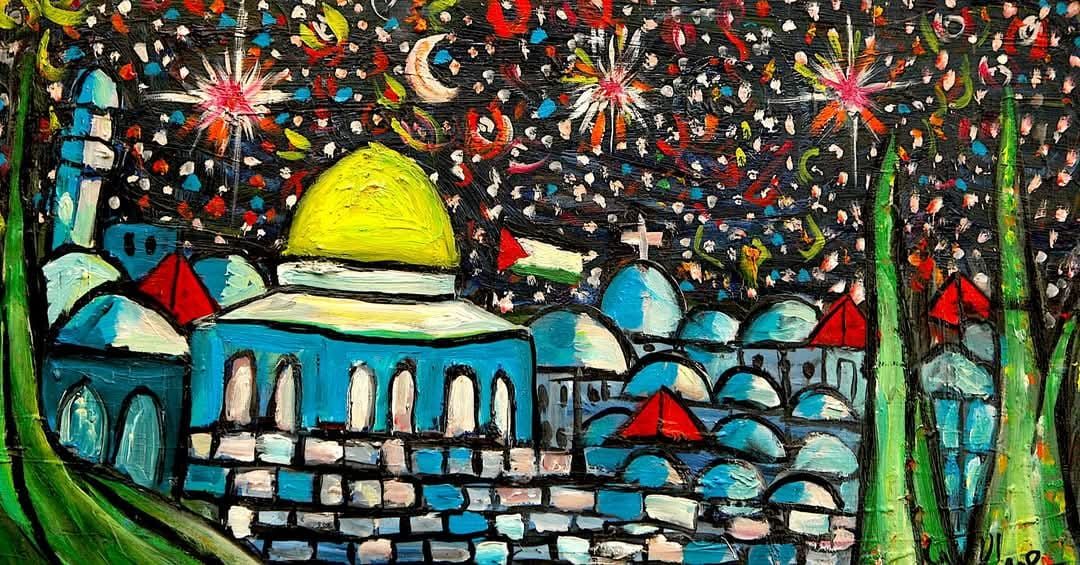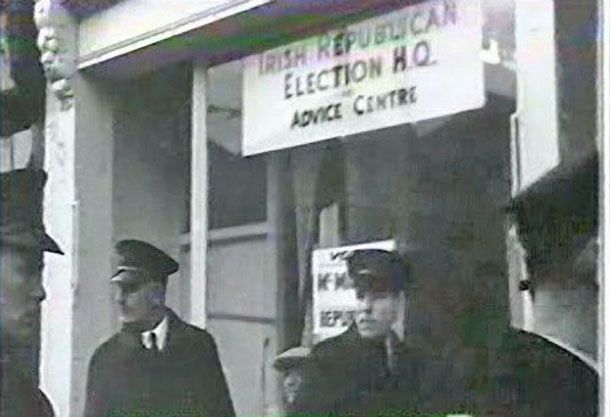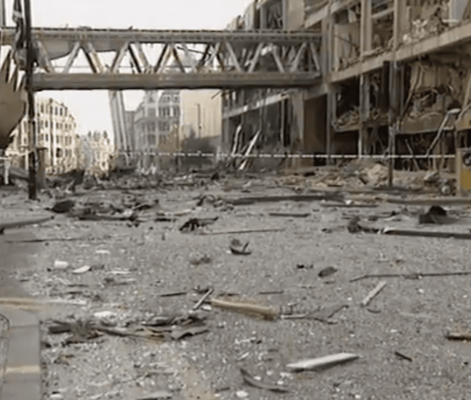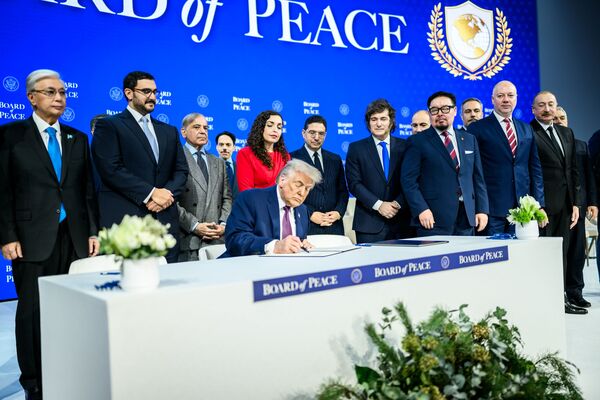AS this year draws to a close it strikes me that I first became an activist sixty years ago. It was in September 1964. I was a student in St Mary’s Grammar School in Barrack Street at the bottom of Divis Street. On my way to school I noticed that a shop front in Divis Street was plastered with election posters for the upcoming British general election. Liam McMillan, a local republican, had his election office there. He displayed the Irish national flag in the shop window. The flag was illegal and the RUC, at the behest of Ian Paisley, an up and coming demagogue, using crowbars and pickaxes, smashed their way into the election office and seized the flag. The republicans replaced it and there were a few days of street disturbances. The Divis Street riots.
That was my first experience of street disturbances. Although I had no part in them I did pass along Divis Street or close to it on the way to school and each morning for the duration of the riots the evidence of the previous night’s fighting was clear. I recall the boarded-up windows of the election office the morning after the RUC confiscated the flag. Understandably these events were an exciting topic of discussion among the students of our school. The main location of the rioting was only a short distance from our classrooms and the RUC Barracks in Hasting Street was within sight of the school.
During that election my father enlisted me to fold election material. A number of us did this in rooms above Hector’s hardware shop at the corner of Linden Street on the Falls Road. These rooms were rented by a group of former republican prisoners who had formed a club which later became the Irish Republican Felons Club, Cumann na Meirleach – now a famous institution in West Belfast.
Folding Liam McMillan’s election literature was my first taste of activism. I was fifteen going on sixteen. A week or so later, intrigued by the behaviour of the RUC and by their use of the Special Powers Act. I went to the Public Record Office in Chichester Street and bought a copy. That was the start of me learning that the old unionist regime and English governments made up laws to suit themselves.
The Special Powers Act was but one example of this. It gave the authorities the ‘legal’ ability to detain citizens. To flog them. Or to confiscate their possessions. To ban meetings or gatherings, newspapers and books. Even recordings of songs.
In my youthful naivety I thought it was only a matter of drawing attention to these unjust laws so that the powers-that-be would set things right, but I quickly realised that the powers-that-be depended on these measures to sustain them as the powers-that-be. Not long after the Divis Street riots I dropped out of school and started work as an apprentice barman in the Ark Bar on the Old Lodge Road. By then I was part of a cohort of young members of Sinn Féin, then a banned organisation.
In 1966, the 50th anniversary of the 1916 Rising ushered in the popularisation of the writings of the leaders, especially the work of Padráic Pearse and James Connolly. There was a huge 1916 commemoration culminating in a pageant in Casement Park. It was banned by the old unionist regime and some of the organisers were imprisoned. Three years later in reaction to the civil rights campaign, streets along the Falls and in North Belfast were burned out. The rest, like the above, as they say, is history.
Another year of change on the way to unity
LAST February the North’s political institutions were re-established. This was an important development, but more crucially, Michelle O’Neill was elected as First Minister of the Executive. This was a historic moment in the constitutional transformation that commenced with the Good Friday Agreement in 1998.
No single event has demonstrated the startling change that has occurred more than Michelle’s election as First Minister – a First Minister for All. Five months later in the July British general election, Sinn Féin and the SDLP returned more MPs than did the unionist parties. This outcome further emphasised the changing political demographics of the Northern state.
In June, Ireland’s Future held a huge event in the SSE Arena in Belfast. Several thousand people took part in a remarkable conversation on future constitutional change and a united Ireland. Over ten thousand more joined online. Former Taoiseach Leo Varadkar captured the media headlines with his view that reunification can’t be the “preserve of any one particular party or one or two parties, it needs to be all parties and no party.”
The following month, the Oireachtas-based Joint Committee on the Implementation of the Good Friday Agreement published a major report – ‘Perspectives on Constitutional Change: Finance and Economics’. The report acknowledged that there are no insurmountable economic or financial barriers to reunification. What is needed now, it stated, is detailed and ambitious preparations and it called on the Irish government to begin this immediately.
In recent columns and podcasts I have spoken also of the work of the Sinn Féin Commission on the Future of Ireland, which published a report on its work last week. The Commission is making an important contribution to the debate on unity both here on the island of Ireland and internationally.
Finally, the year ended where in a sense it began, with the outworking of election results. Last month all of the Southern political parties included commitments on Irish unity in their manifestos. This is the first time this has occurred and reflects the growing public interest in the issue. The process of transformation that has been going on for many years in the North is now clearly at work in the South. In 2007 Sinn Féin won four seats and 6.9 per cent of the vote. The two big conservative parties, which for decades led the government and the opposition at the same time, together claimed 64 per cent of the vote. Less than a generation later, Fianna Fáil and Fine Gael are in government together.
However, their vote share has significantly dropped to 42 per cent of the total. Sinn Féin is the main opposition party with 39 TDs and 24.5 per cent of the vote. All of the opposition parties taken together have a vote share of 43.7 per cent.
It is clear that the mould of Southern politics is breaking. It is a long game which requires resilience and national strategic focus. The challenge in the time ahead will be to build on this consolidation and momentum. This is crucially important both in terms of replacing the conservative elite and introducing policies that assist working families, provide for housing and a decent health system and – crucially – advance the cause of Irish unity.
Thoughts of Palestine at Christmas
I ENJOY Christmas time. It a time for family and friends and for relaxation. For children and Dadaí na Nollaig and presents. For visiting family. For good food – often too much good food - good craic and sitting at home watching a movie, listening to music and reading a good book. It’s a time for remembering those who are no longer with us or for visiting those sick or in hospital.
HOLY LAND: ‘Jerusalem Night’ by Said Eletab (www.instagram.com/saidelatabart/)
Christmas can also be a lonely place for some people. Where possible we should reach out to them.
For the people of Palestine and especially those in the Gaza Strip this Christmas, like last year, is about trying to survive. Celebrating Christmas in the Holy Land will be a challenge. In the past 12 months I have written more about Israel’s genocide against the Palestinian people than I have about any other single issue in a very long time. I make no apology for that.
So, let me extend fraternal greetings and solidarity to our Palestinian brothers and sisters and all the suffering people in that region. They remain in our thoughts every day.
To my regular and occasional readers, and listeners of my podcast, Nollaig shona daoibhse. Enjoy Christmas and I will see you in the New Year.







